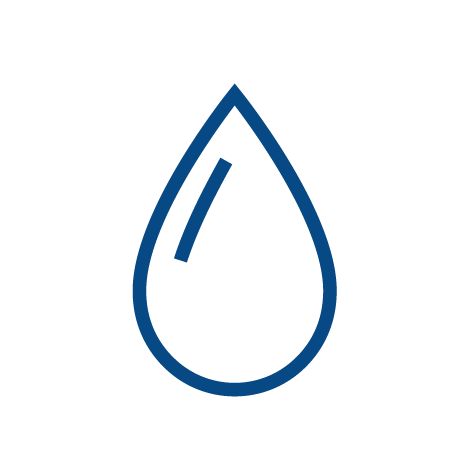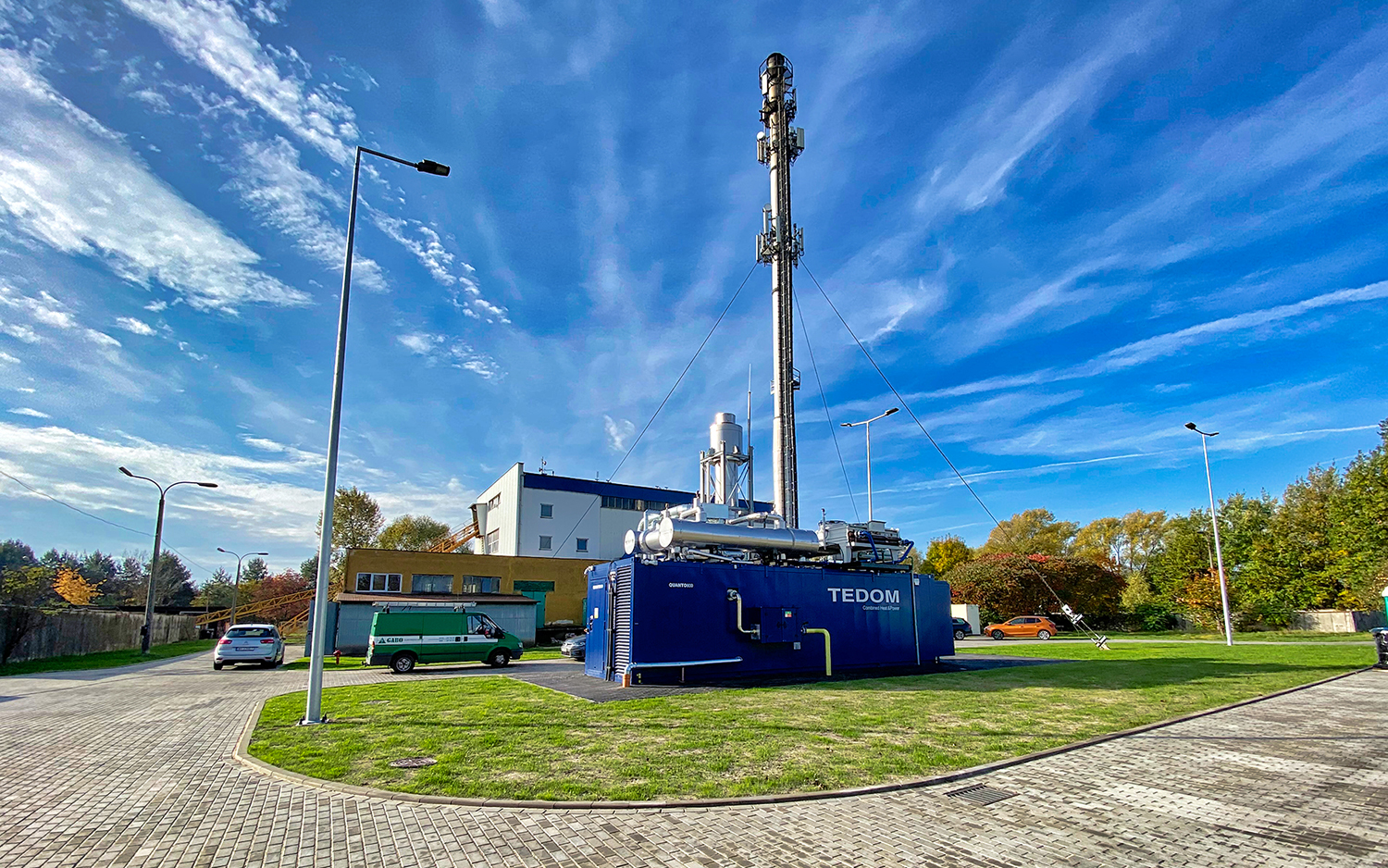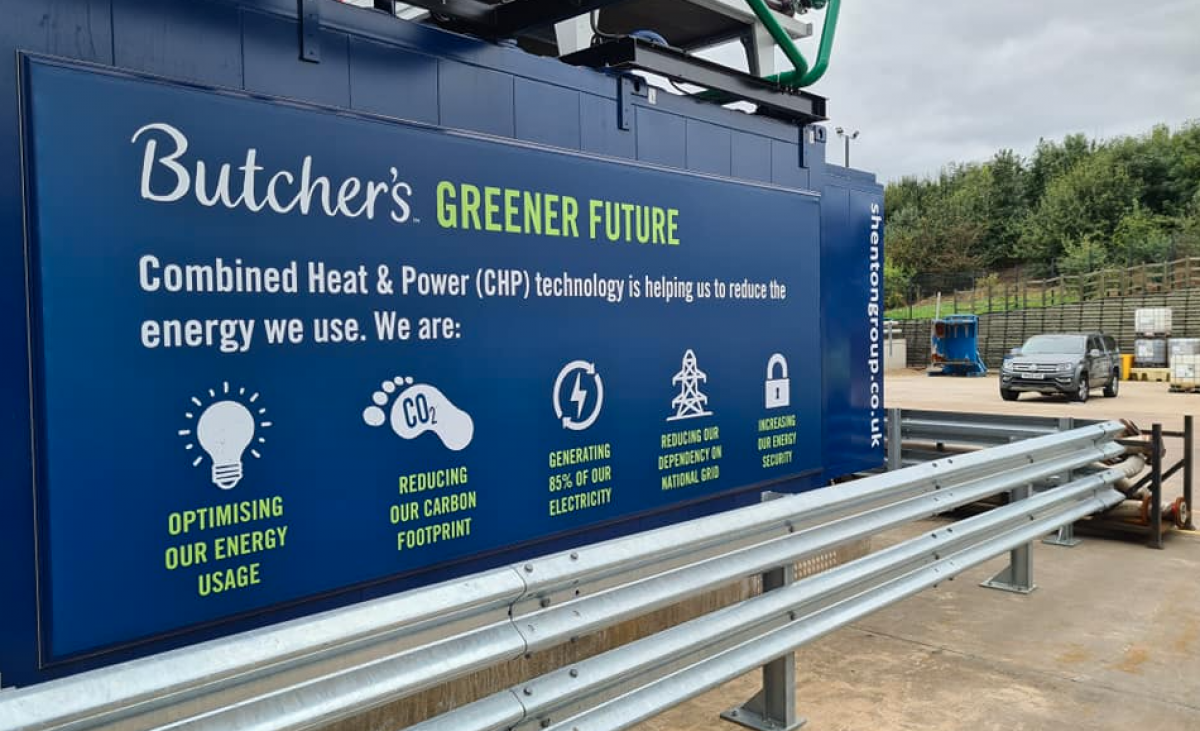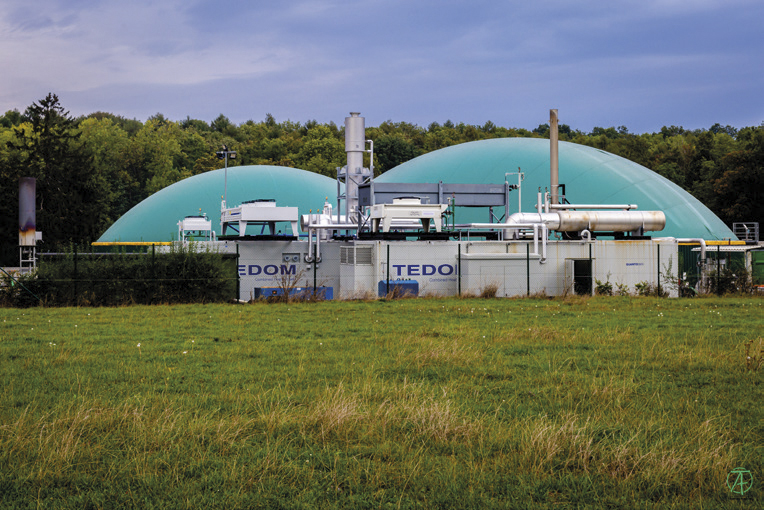
Granada Luxury Belek hotel Antalya, Turkey - Case study
Thanks to their large consumption of electrical and thermal energy, hotel resorts are an optimal place for the installation of CHP units as a local energy source. This is doubly true if such a resort, provides another energy-intensive service
for its guests (wellness, conference hall, etc.). Thanks to the combined production of power and heat, the cogeneration technology has great potential to reduce energy costs in this type of operation.
In addition, the installation of a CHP unit increases the hotel’s independence from the supply of power from the grid, and by doing so, contributing to the overall comfort of its guests. The hotel provides its services 24 hours a day and often there is a sudden increase in consumption, for example, when guests arrive or during social events. Cogeneration is sufficiently fl exible in this respect and it can easily cope with these obstacles.
About the project

The Granada Luxury Belek Hotel in Turkey is located on a plot of land with a total area of more than 100,000 m² and can accommodate up to 5,000 guests. With a size of 12,000 m2 , the hotel resort also has one of the largest outdoor swimming pools in Europe. The energy consumption is therefore enormous here, especially in the summer months when the power is also needed for the operation of the air conditioning system. The hotel was built in 2017 in the Turkish city of Antalya and its total annual consumption of power amounts on average to 14,255 MWh while the heating and hot water require approximately 12,355 MWh. Energy costs amount on average to 1,275,000 € per year. The transition to cogeneration technology was not only a way to save energy costs for this type of operation, but it was also an opportunity to s ignifi cantly reduce it’s environmental burden.
Solution for cogeneration

Instead of one large unit, we opted for a more flexible combination for service:
5 TEDOM CHP units with a total electrical output of 1,000 kWe are located in a separate building next to the transformer and the high-voltage switchboard. Due to the extreme climatic conditions in the summer months (temperatures exceeding 40°C, air humidity over 90 %), an additional cooling system is installed in this building to reduce the indoor air temperature below 35°C and keep its humidity below the limit of 80%. Furthermore, stronger and more durable ventilators were installed in order to ensure a generally better air flow. All this is to ensure the optimal operation of the CHP units.
Current situation

The current solution is designed so that the CHP units are in operation all year round only with necessary service breaks. This brings maximum utilization of the cogeneration technology with an emphasis on effi ciency. During the year, cogeneration covers approximately 57% of the total power consumption and 75% of the total heat consumption of the entire resort. Thanks to the implementation of the CHP units in its energy system, the hotel saves approximately 230,000 € per year which represents an 18% savings compared to the previous solution. At the same time, the hotel saves 2,510 tons of CO2 per year compared to the previous situation.
More case studies
Selected references and case studies








